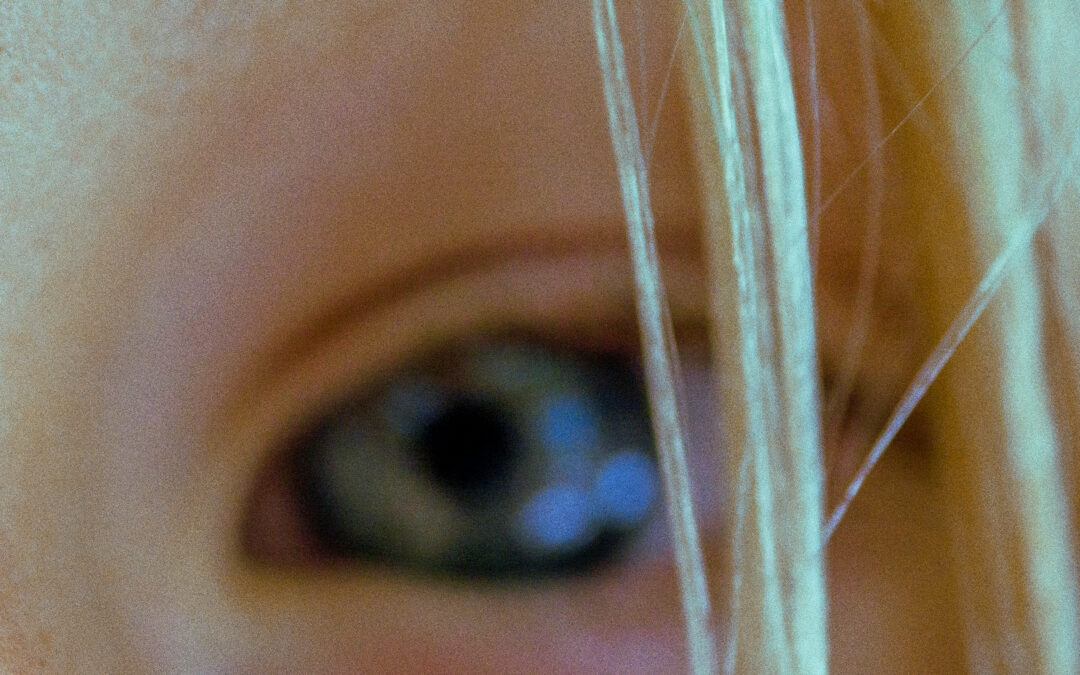1. Love the process. You must love the act of creating and not merely the idea of it, not merely the daydream of a completed work. Success is not guaranteed, although hard work can increase your odds and there is nothing wrong with ambition. But success usually comes slowly and rarely in the form people imagine. The overnight sensation is the exception that proves the rule. For most, the journey will be long and arduous, and if you do not love the nitty-gritty, warts-and-all experience of each step (or most of them), it’s probably not worth it.
2. Accept that most people’s creative process is neither linear or efficient. It can’t be formulated or followed as a series of definitive steps–do A then B then C; nor will it comply with a strict schedule. The energy that inspires creative work is capricious and meandering. It takes its time and will not be rushed. It veers off along unexpected byways and alleys, often carrying the mind back and forth in circles before revealing the true path ahead. This path will vary from project to project, from individual to individual. There may be friends (and enemies) to guide you along the way, but beware of anyone who claims to know a shortcut. In my experience, creative formulas (Write a Best Seller in 30 Days/The SECRET Trick All Artists Use to Get Famous etc.) result in formulaic, inauthentic work. Don’t rush yourself. Don’t admonish yourself for not being where you want to be as quickly as you’d hoped. All you can do is show up, do the work and let the process take its course.
3.Finish consistently. See the majority of your projects through to the end, no matter how long it takes. But don’t be masochistic, either. If something simply isn’t working for you, or isn’t working right now, then let it sit for a period. There is no point banging your head against a brick wall. However, if this proves a common experience, you might simply be giving up too easily. Check your motives. Am I switching projects because I genuinely feel I can’t take my current one any further, or am I simply running away because the work has become too difficult? Ultimately, you can only learn to finish by actually finishing. Get good at guiding work from conception through execution to meticulous revision, even if the end result doesn’t satisfy you. In many, if not most, disciplines, landing the ending is the hardest part.You’re going to have to face it at some point.
4. Bearing in mind the second and third points above, calibrate your expectations. Look for a reasonable, but ambitious middle ground, rooted in your personal reality and the basic logistics of your material existence–how much time you have, how much energy, and what you can afford in terms of materials, etc. Consider all this honestly and commit to a realistic but rigorous course of action. Regardless of what you discover, you must make time to create–whether it be once a day or once a week, whether four hours or twenty minutes. Beg for time. Barter for space and solitude. Chances are this will require some degree of sacrifice.
5. Spend time in self reflection. You will be unable to get a handle on the above points unless you are consistently pausing to examine your processes and motives, your ways of working and modes of thought. Time spent writing in a journal (for example) is not wasted. On the contrary, it is an essential part of your overall process. Without it, you will surely sleepwalk through the experience. However, beware procrastination. Periods of self reflection can easily become a way to avoid doing the actual work.
6. Finally, spend time learning. Explore advanced techniques. Research new artists, both inside and outside of your chosen medium. Push your skills and understanding forward in whatever ways suit you. Otherwise, you’re liable to stagnate or slip into a cycle of creating the same piece over and over. As with reflection, time spent learning is not wasted; but again, you should be wary of procrastination as you proceed. All of these ideas, and the creative life in general, emerge from balance. The best work emerges from a state of equilibrium, finding the middle ground between ecstasy and despair, love and hate, fear and confidence–all the eternal dichotomies that footnote objective truth. From a position of balance, you can examine the concepts that inspire you with absolute complexity and nuance.
Ultimately, the goal of any artist, I think, is to live in such a way that they can do what they love consistently, while steadily improving their skills and amassing a body of completed work they are proud of. Everything else is a bonus–success, recognition, a prolific output, whatever else pleases you; what are any of these really worth if you do not enjoy the journey? Rewards are fickle. The act of creating endures.

